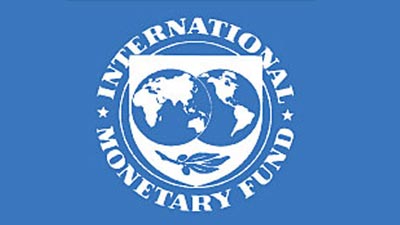The International Monetary Fund (IMF) has expressed confidence in Nigeria’s ability to repay its $2.82 billion debt to the institution, citing recent reforms. This assertion follows the conclusion of the Executive Board’s Post Financing Assessment (PFA) with Nigeria.
The Executive Board, endorsing the Staff Appraisal on a lapse-of-time basis, stated, “Nigeria’s capacity to repay the Fund is adequate.” This endorsement is expected to allay concerns regarding the Nigerian government’s ability to meet its debt obligations, especially considering the country’s debt stock as of September 2023.
According to the Debt Management Office (DMO), Nigeria’s total debt stood at $114.35 billion or N87.9 trillion, with external debt at $41.59 billion or N31.98 trillion and domestic debt at $72.76 billion and N55.93 trillion. The IMF was among the creditors to which Nigeria owed $2.82 billion during the specified period.
Despite the IMF’s positive outlook on Nigeria’s repayment capacity, the lender highlighted the nation’s economic challenges in a detailed assessment. These challenges include stalled per-capita growth, high poverty levels, and significant food insecurity. The statement from the IMF acknowledges the tough external environment faced by Nigeria, coupled with domestic challenges such as scarcity of external financing and a surge in global food prices, attributed to conflict and geo-economic fragmentation.
The endorsement by the IMF comes as a reassurance amidst doubts surrounding Nigeria’s economic stability and the government’s ability to service its debt. The ongoing reforms in the country are seen as crucial in addressing these challenges and creating a more resilient economic environment.
As Nigeria continues to grapple with these economic issues, the confirmation from the IMF is expected to boost investor confidence and provide a positive trajectory for the nation’s financial outlook. It underscores the importance of sustained reforms in steering the country towards economic stability and resilience in the face of global challenges.















